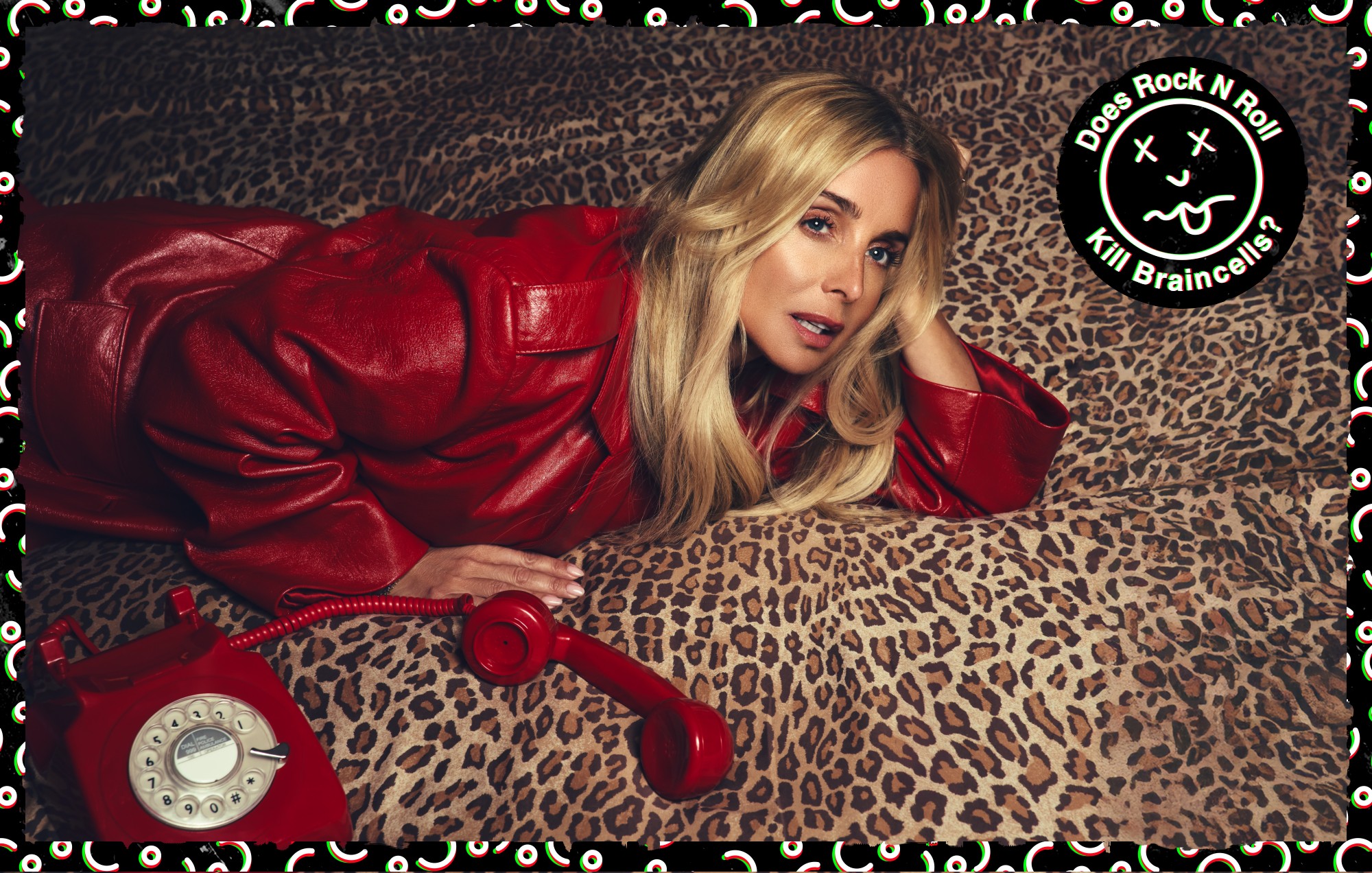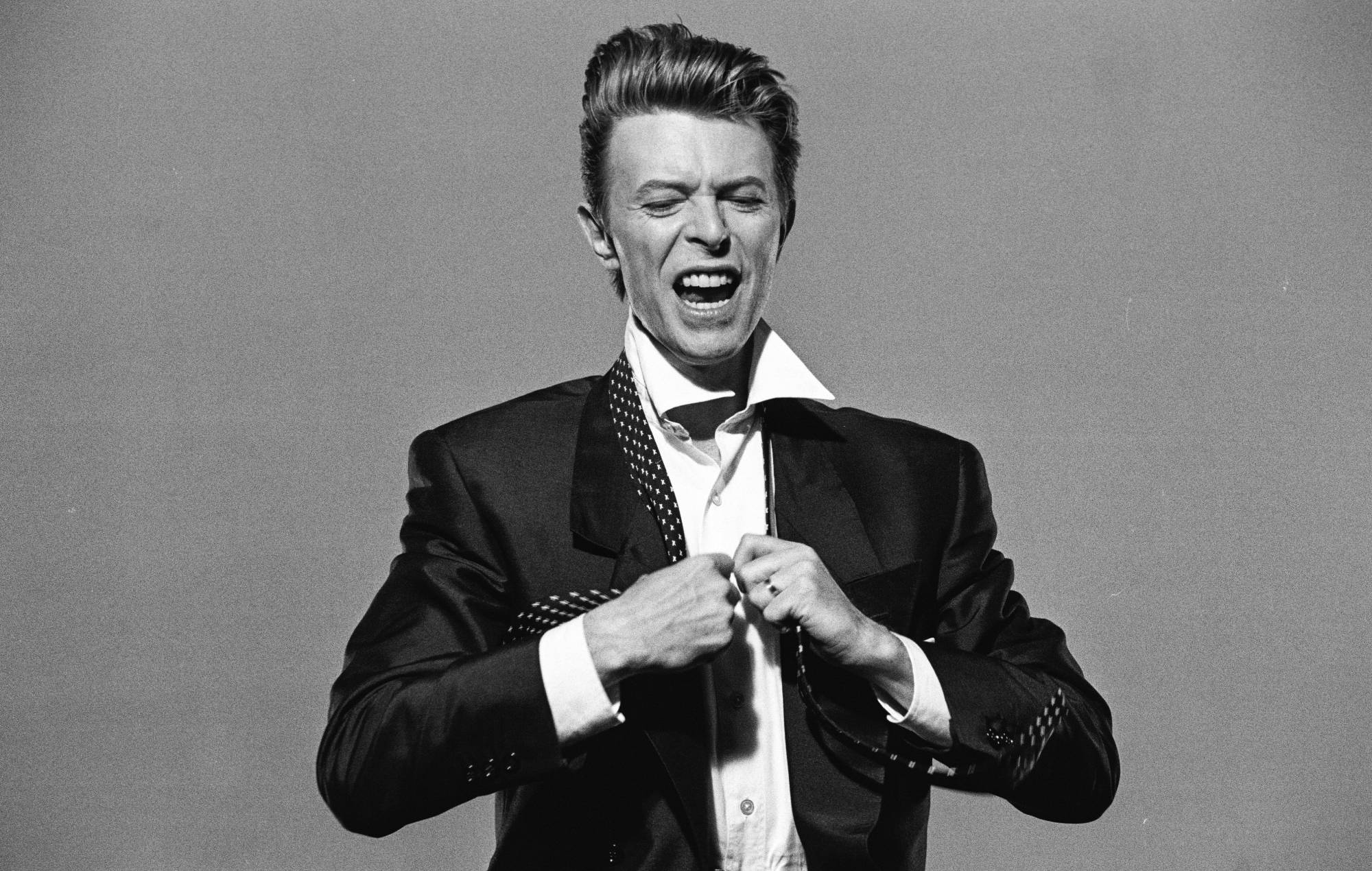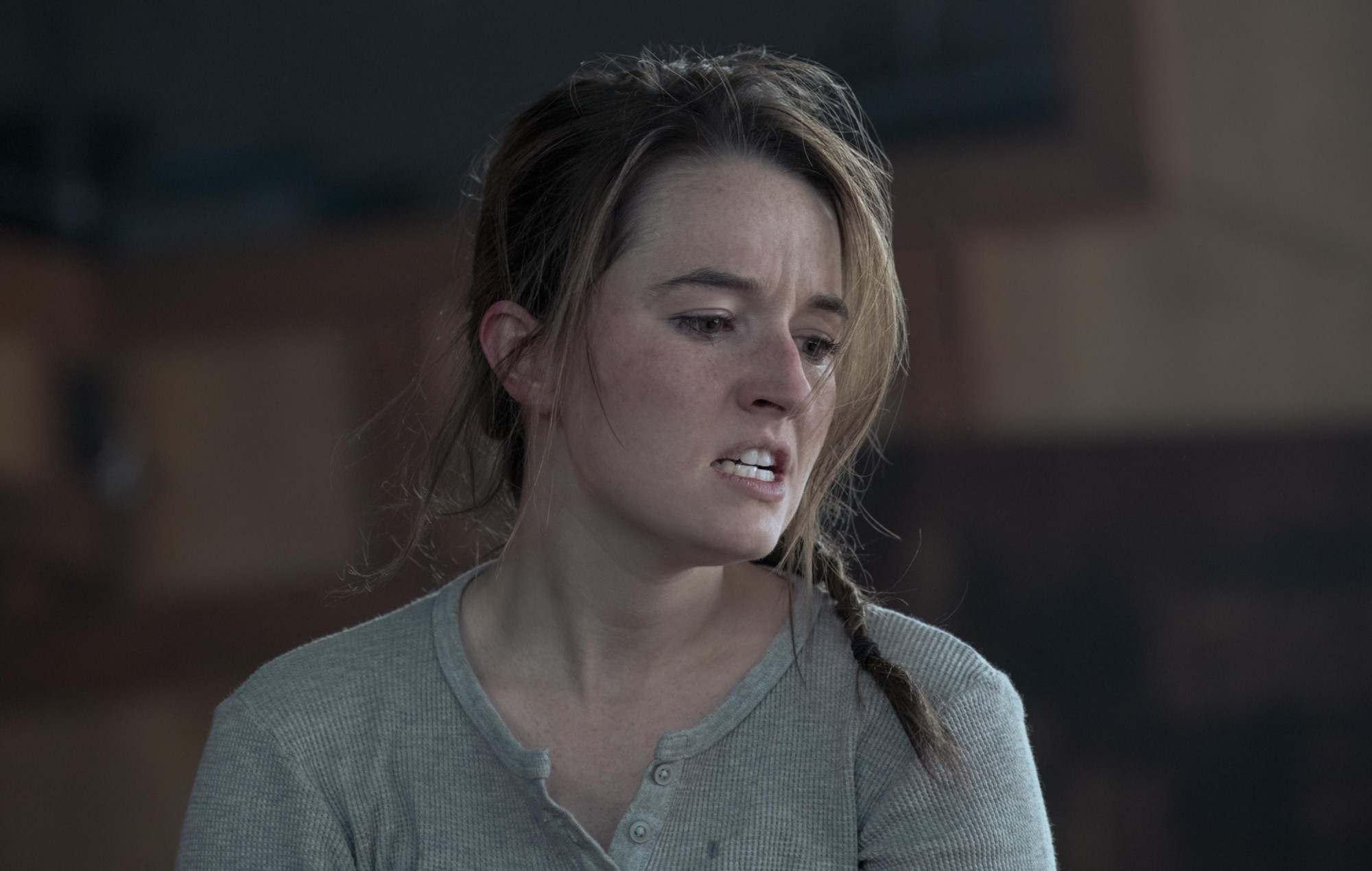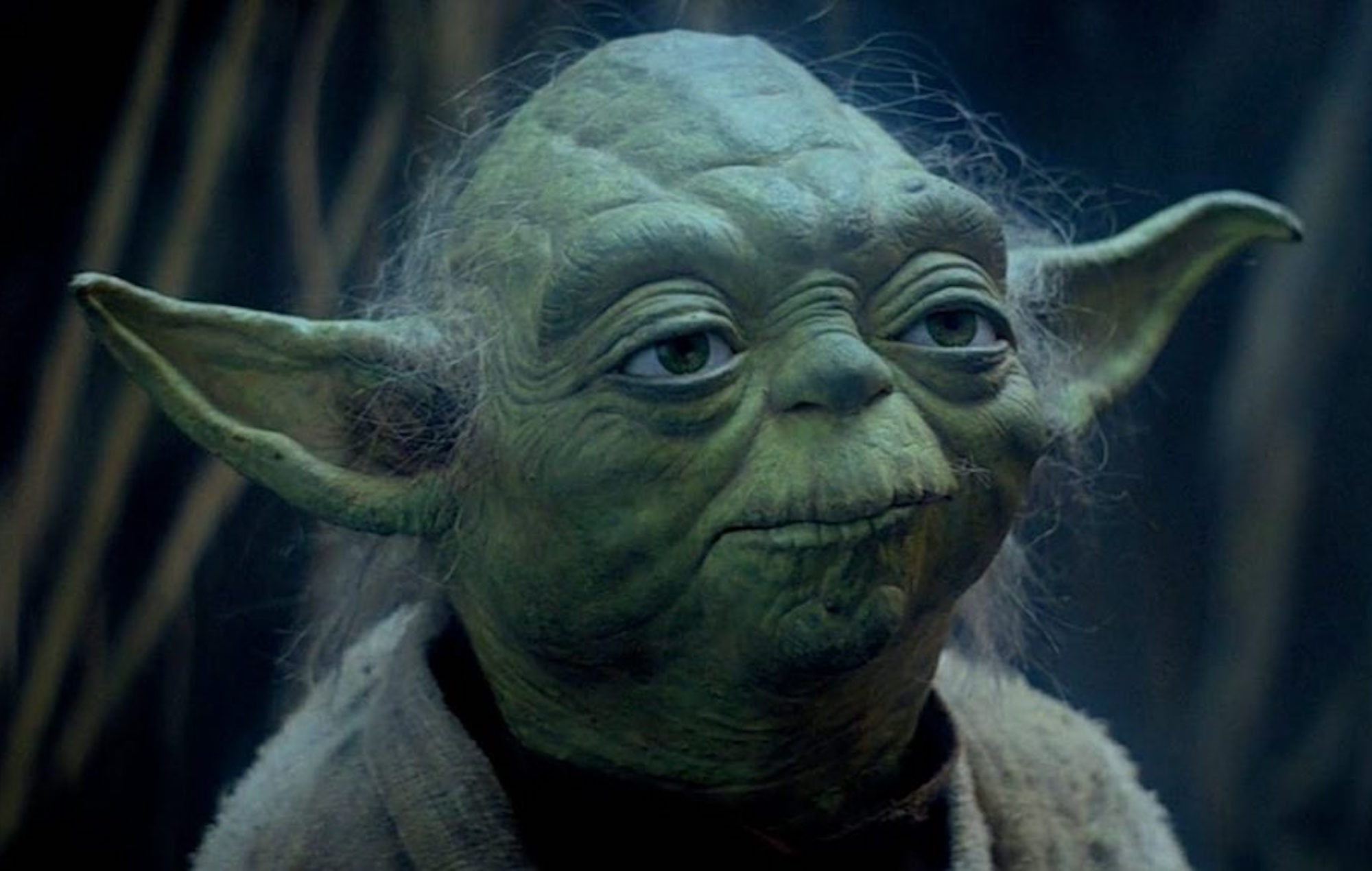The early 1990s were a pivotal time for the influential underground movements of Paris. Culturally, socially and musically, communities grew within the clubs and social spaces of the French capital, unified under the goals of platforming and celebrating marginalised groups, speaking truth to power, and passionately defying the status quo.
It was within this environment of grassroots activity, in the years that saw the rise of French house, Daft Punk, St. Germain, Étienne de Crécy, Laurent Garnier and David Guetta, that ACT UP-Paris was formed. The AIDS Coalition to Unleash Power was founded in the city in 1989, inspired by the work of the direct action advocacy group of the same name which had launched in New York two years prior in the midst of the global HIV/AIDS epidemic.
It is the tireless work ACT UP-Paris that acts as the focus for 120 BPM, the latest project from French filmmaker Robin Campillo (Eastern Boys, They Came Back). The film centres around a group of young activists as they stage protests calling out the French government and pharmaceutical companies like Melton Pharm for their inaction and censorship amid the pandemic which primarily impacted the lives of LGBT individuals, drug users and sex workers.
Pulling focus onto the relationships between the activists, many of whom are HIV positive, the tensions that arise within the group, and the sexual, emotional and social dialogues that exist therein are what fuel the film’s two hours and 20 minute runtime. It is, ultimately, a deeply affecting story of love, liberation, humour, devastation and raw reality made by a filmmaker who was himself – along with co-writer Philippe Mangeot – an active member of ACT UP–Paris from 1992.
Sonically, the story is carried by the music of Arnaud Rebotini, the longstanding French producer, DJ and composer who has played in bands with the likes of Ivan Smagghe and whose reserved acid techno compositions resonated throughout Campillo’s powerful LGBT romantic thriller Eastern Boys (2013). An artist who lived in Paris at the height of this movement, who spent much of his time in the city’s gay clubs where house and disco music was synonymous with liberation and celebration, Rebotini’s score to 120 BPM beautifully captures a sound that was so much more than just background noise. To many in Paris, house music became – as it had been for years in Chicago and New York – the lifeblood for deliverance.
“For me it was a very important movie and soundtrack,” Rebotini tells DJ Mag. “Because I know what the meaning of house music was for some people at this time. Now, we talk about house music as a style you can hear everywhere: In the lobby of a hotel… Everywhere in Ibiza…. But at this time it was really different. The music was really important, especially for gay people, for the gay activists. For the people of the underground.”
“I was really focussed on doing something noble with this music,” he adds. “Because I know the strength of it. Because it was so important for a lot of people I know, and for me.”
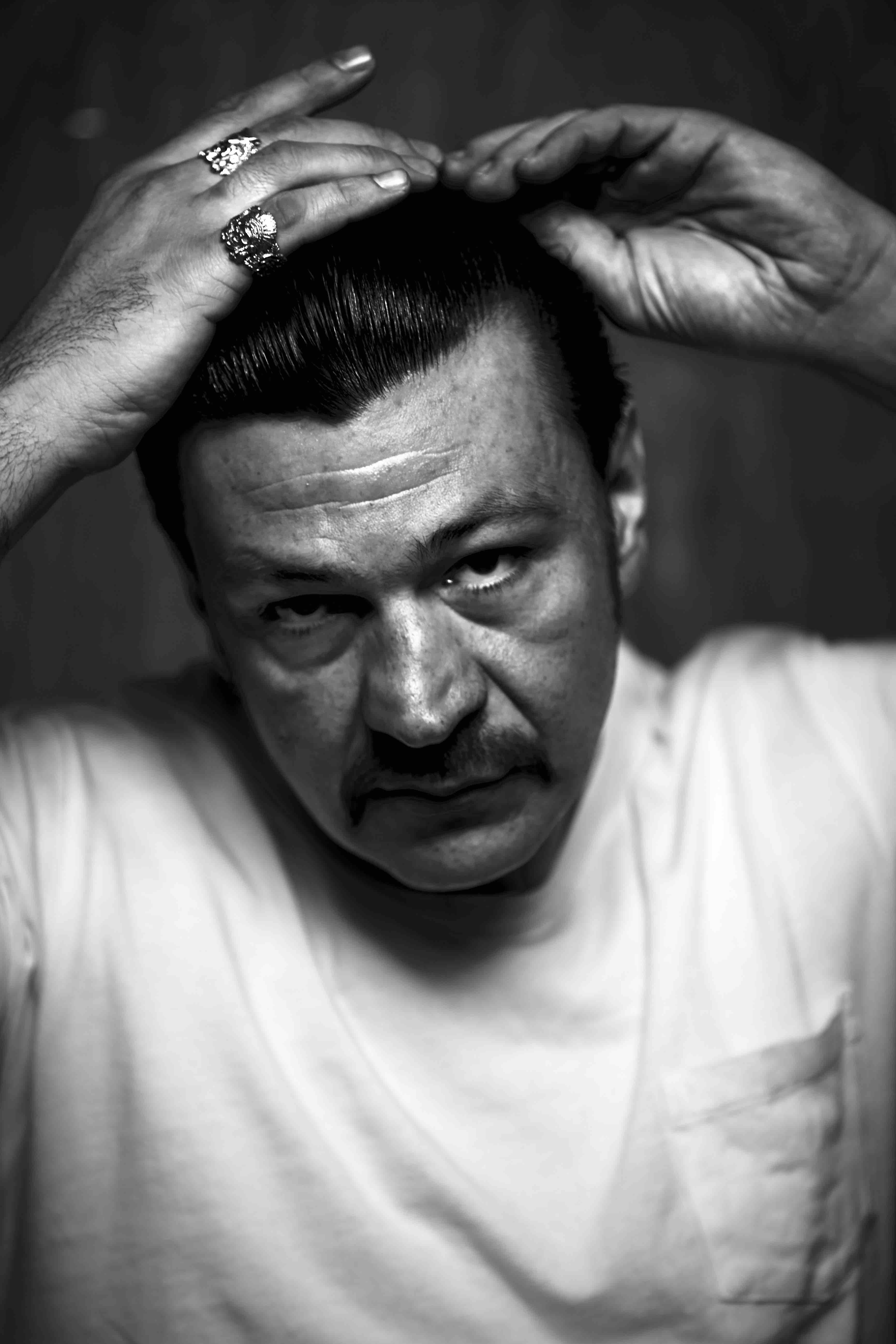
The soundtrack is comprised largely of original cuts that channel the bright analog house music spirit that filled Parisian clubs of the time. The sounds bring light and energy to scenes in the film depicting the protagonists dancing and sharing moments on vibrant dancefloors, decorated with lush imagery of disco lights, abstract chemical visuals and vivid, personal flashbacks. As Rebotini explains, Campillo intended for the music in the film to be colourful and full of soul, speaking to the spiritual sense of escape that was so vital.
“He wanted music with a lot of light, not dark at all,” he explains. “These were moments of freedom for the activists. They spent all day within activism, with the disease problems, with the medical problems. So really, really dark. They needed this. And you know, there is that link between house and gospel, so that’s what I tried to do with this soundtrack. The way Robin shot those clubs scenes made it look like they could be in a church. It’s these people looking for hope. It’s so beautiful.”
"House music was like a flag for a lot of people, and it was a flag I wanted to make fly again"
